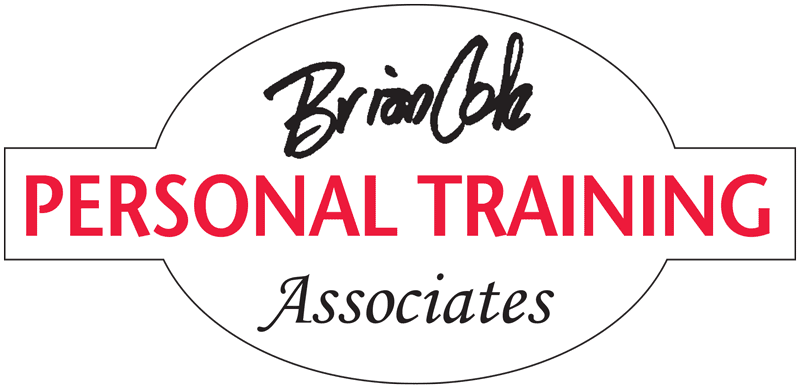I’m writing this column in mid-March but you’ll be reading it in May. I sure hope this viral threat has turned in a positive direction by then. My challenge is to write this column without apprehension of impending disaster or smart remarks about 2020 as the year of the toilet paper hysteria.
So here goes:
The #1 risk factor for heart disease, cancer, diabetes, arthritis and other maladies is… aging. I hear you, “Well we can’t stop that.” Stop it? Nope. Slow it down? A lot. I’m going to define “aging” as living beyond growth, development and the capacity to reproduce. That’s a plagiarized definition and a sound one. We can slow its effect on our mental capacity, fight it very effectively with our muscular system and have recently identified how to even slow it on our foundational cellular level. We have plenty of control and can slow all that at any age. To use more positive terminology, I’m going to call slowing our aging: Increasing Our Health Spans. It’s not about how many years we survive. It IS about how many of those short, short years we can live!
Just as romantic relationships have predictable stages (initial attraction, that wonderful all-consuming infatuation, physical intimacy, emotional intimacy, vulnerability and then, all too often unfortunately, indifference, resentments, broken dreams and hearts OR of course, living happily ever after), our lives now are about similarly predictable stages. And in life, not just romance, “happily ever after” is Increasing Our Health Spans. As our life spans grow longer and longer (in 1900 it was 47 and by 2000 it was 78 !!!) primarily due to modern medicine and scientific research, Increasing Our Health Spans means spending as few years as possible while in discomfort, pain, with reduced activities and as many as possible actively enjoying life’s pleasures. Good genes and a comparatively safe environment both offer significant advantages and like our religions, are a result of where, when and to whom we were born. In other words, not within our control. We take it from there though.
If our parents are overweight, or have high blood pressure, or eat healthy foods, or drink alcohol daily, or exercise regularly, we can take note and shape our behaviors accordingly. We do have some control of our direction. Physically active people are clearly proven to be better at fighting off adversities. It’s not a guarantee but improves our chances. By a lot.
While it’s obvious that as our creature comforts and conveniences have increased, we’ve become far less active. I’m not talking about strength resistance or cardiorespiratory training. I just mean the ability to stand up from that sofa or lounger, walk to places, carry things…you know, stuff our parents had to do.
And our grandparents? Don’t even think about their necessary day-to-day physical activity. I grew up in rural Maine and I was able to mostly play as a kid, but I saw the adults and I saw how much they had to do. Daily. We just have it so easy. It takes conscious effort to address this easy life in a way that can Increase Our Health Spans.
Right now, mid-March 2020, faced with a worldwide health threat we’ve never faced before and totally unprepared, the only defense we have is our individual health. The aged, the frail, are all in far more danger from this virus. We can’t look to our governments to protect us. Whole countries are in quarantine and others probably should be.
So, I’m going to frame this threat as having two potential opportunities for improvement across all of human existence. Bold, huh? One, it’s a wake-up call for more folks to accept the responsibility to themselves and to their families of improving their Health Spans as we sadly lose many who have not. And Two, with an immediate worldwide common threat, maybe we can put differences aside and work together toward something that benefits us all.

